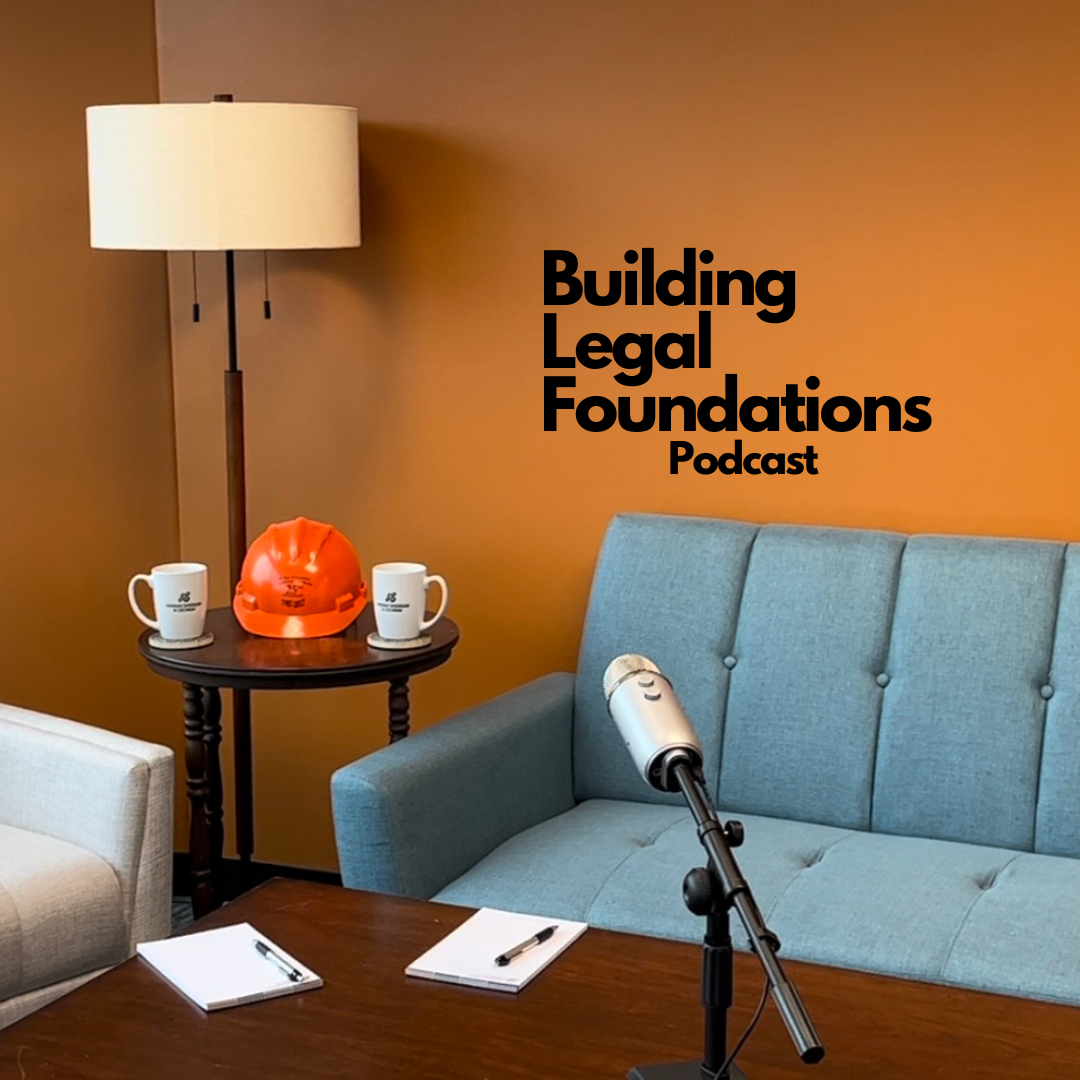Hannah Sheridan & Cochran's own podcast, previously available via Spotify, is now available to listen…
NORTH CAROLINA UPDATES CONSTRUCTION LIEN STATUTES: H707—LIEN AGENT NOTICE REVISIONS
The North Carolina Land Title Association (NCLTA) played a large role in the 2012 updates to North Carolina’s construction lien statutes, and the NCLTA was again active in shaping 2017 revisions. The 2012 updates benefited title insurance companies by creating a new Lien Agent process. The Lien Agent process was designed to largely remove the issue of a “hidden lien”. Title companies sought to eliminate most instances where: (i) a materialman would provide building materials to a job site, (ii) a real estate closing would occur upon the underlying project, (iii) a materialman would lawfully file a mechanic’s lien for unpaid project work, and (iv) the materialman would hold a superior title claim due to relation back provisions contained within North Carolina’s mechanic’s lien statues.
In light of the current state of the law, North Carolina suppliers and laborers are well advised to file Notices of Lien Agent on the construction projects for which they provide labor or materials.
In 2017, what was anticipated to be a “non-construction industry” legislative session in North Carolina, took a turn when the NCLTA again showed interest in addressing North Carolina lien law. The NCLTA prompted the introduction of House Bill 707 seeking to “clean up” some challenges they perceived in the 2012 session’s bill creating the Lien Agent process. Specifically, they identified the need to have trades and suppliers note on LiensNC.com when they have received final payment on a project.
The original wording of the legislation was benign, not giving rise to particular comment or concern, but the insertion of the word “shall” changed all that. The “shall” put a burden on subcontractors and suppliers to withdraw their notices to lien agent upon receipt of final payment for a specific project. The bill contained no consequences for failure to take the required action . The law abhors a vacuum such that the National Association of Credit Management (NACM) and other groups immediately interjected themselves into the conversation to avoid the law of unintended consequences.
Without stated consequences, it would have been up to creative lawyers to posit to the courts what the legislature intended to be the consequence of failure to withdraw the notice. That was an unacceptable risk.
After extensive discussions and wordsmithing, the current version of H707, which can be found at http://www.ncleg.net/Sessions/2017/Bills/House/PDF/H707v3.pdf, requires the withdrawal of a notice only after a sub or supplier has “confirmed” receipt of final payment. So, until someone waves a flag (requests a final lien waiver or otherwise notifies a sub or supplier that a payment was the final payment) there is no duty to withdraw a claim. It should be noted that the intent of this legislation is to make withdrawing a notice as simple as clicking a box on the page on liensnc.com where you posted your Notice to Lien Agent.
The legislation is not perfect and there are risks to prematurely withdrawing a notice. One benefit of the legislation may well be that the increased cost to owners for designating a lien agent is designed to help fund upgrades to Liensnc.com which may well include the creation of an “archive” such that projects which have been completed can be removed from the main website, thereby de-cluttering the site.
Our law firm regularly conducts client seminars concerning these topics. Please reach out to our office if interested, or if you have questions or comments about H707.
By: Chad J. Cochran & Nan E. Hannah


